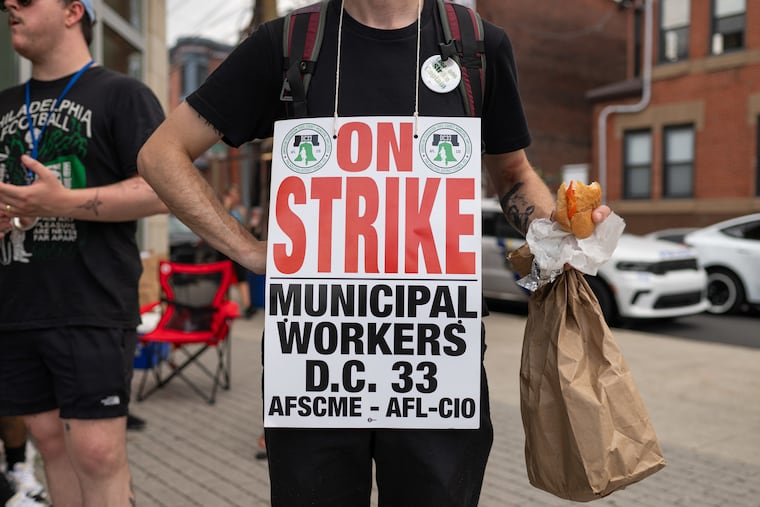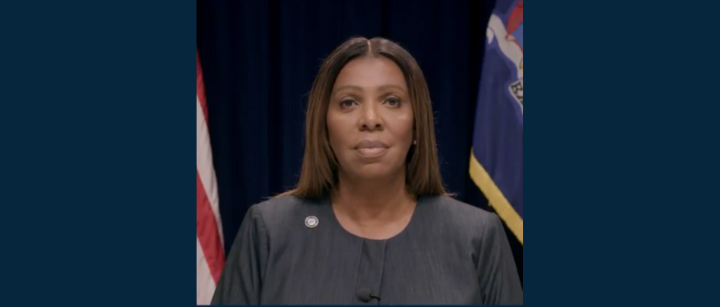Decades of resentment from 1992 concessions contribute to current city worker strike in Philadelphia.
In an exploration of the ongoing strike by District Council 33 (DC 33) of the American Federation of State, County and Municipal Employees in Philadelphia, the roots of this labor unrest can be traced back through the city’s historical labor relations and political alliances.
The backdrop of the strike is the recent mayoral election, where DC 33 unexpectedly endorsed Jeff Brown, a newcomer to politics and a ShopRite owner, igniting tensions within the union and the local political landscape. Following the endorsement, Greg Boulware emerged as the new leader of the union, a position that has heightened the stakes following his contentious relationship with the current mayor, Cherelle Parker.
This strike reflects broader themes of labor frustration in Philadelphia, especially considering the history of wage freezes under former Mayor Michael A. Nutter, as well as an earlier strike in 1938 that was pivotal in Black political organizing in the city. Boulware emphasizes the significance of the past, particularly the contract signed in 1992 with Mayor Ed Rendell’s administration, which continues to resonate with many in the union who feel it adversely affected wages and job security.
The present strike, marking the first significant municipal work stoppage in Philadelphia since 1986, has over 9,000 city workers halting services, including trash collection, a critical civic responsibility. Boulware’s decision, however, was not merely driven by historical grievances; he faced a narrowing gap in salary negotiations with the Parker administration. Progress had been made, reducing the initial expected annual raise from 6% to just over 2%, yet disagreements over a minimum 5% raise prompted a decisive strike action.
As the situation evolves, both Boulware and Parker find themselves in a standoff, with the public increasingly observing the dynamics of their negotiations. Parker’s administration has offered annual raises capped at 3%, a proposal that Boulware rejects as insufficient, framing the earlier 5% as a baseline for discussions.
The timing of the strike raises questions about negotiation strategies and the role of history in shaping current labor dynamics. The ongoing strike signifies not merely a dispute over salaries but a broader confrontation over the dignity and rights of municipal workers in a city still grappling with its fiscal challenges. As Boulware puts it, learning from the past is essential to avoid repetition of earlier failures, and his leadership reflects a response to long-standing demands for better treatment of workers.
In conclusion, the unfolding labor strike in Philadelphia represents a crucial moment for municipal workers, drawing upon a rich historical context while highlighting a transformative era in local labor relations. Media News Source will continue to follow the situation as it develops, closely examining how this labor conflict will shape the future of municipal governance and worker rights in the city.







